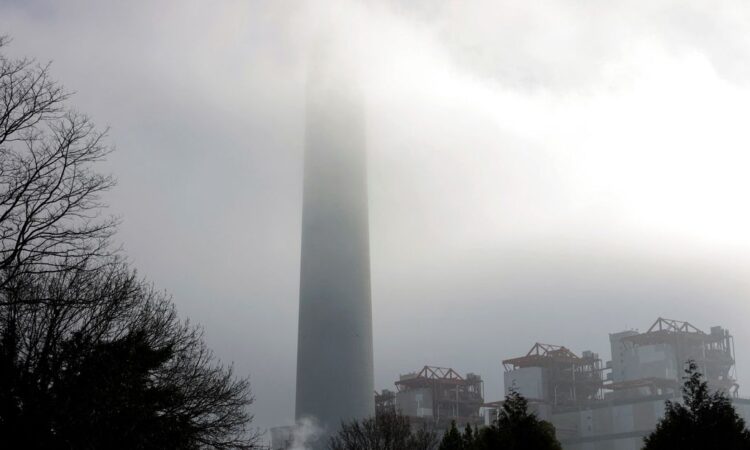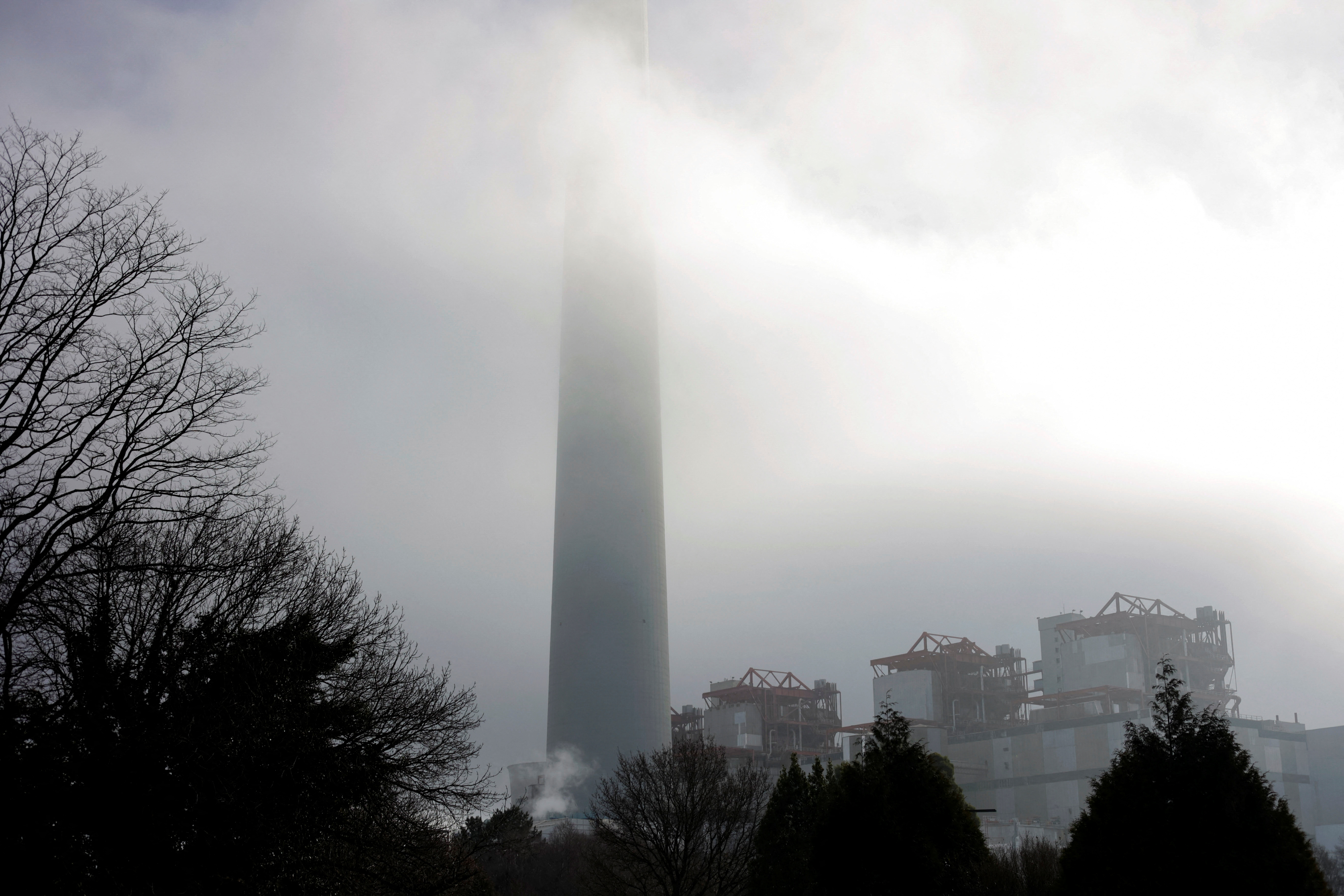

A coal-fired power station scheduled to shut down is seen in As Pontes, Spain, February 8, 2022. Picture taken February 8, 2022. REUTERS/Miguel Vidal/File Photo Acquire Licensing Rights
BRUSSELS, Sept 1 (Reuters) – European Union countries are preparing to push for a global deal on phasing out fossil fuels at the United Nations COP28 climate summit which begins in November, a draft of the EU’s negotiating position showed.
Diplomats from the bloc’s 27 member states are drafting their position for the summit in Dubai, where nearly 200 countries will try to strengthen efforts to rein in climate change.
“The shift towards a climate neutral economy will require the global phase-out of [unabated] fossil fuels and a peak in their consumption already in the near term,” a draft of the EU’s negotiating stance, seen by Reuters, said.
Countries have never before agreed in UN climate negotiations to gradually stop burning all CO2-emitting fossil fuels, despite this being the main cause of climate change.
“Unabated” refers to fossil fuels burned without using technologies to capture the resulting CO2 emissions. The word was in brackets in the draft EU text, indicating that countries have not yet agreed on whether to include it.
EU diplomats hope a deal could be clinched at COP28 – but expect to meet resistance from economies reliant on income from selling oil and gas.
The EU document, which is still being negotiated and could change before it is due to be finalised in October, said the energy sector should be largely free of fossil fuels “well ahead of 2050” because cost-effective, CO2-free energy sources are already available.
A proposal to phase out CO2-emitting fossil fuels won backing from more than 80 countries at last year’s UN climate summit, but Saudi Arabia and other oil and gas-rich nations opposed it.
Some countries with fossil fuel-heavy economies want to focus on developing technologies to capture CO2 emissions, rather than reducing the use of fossil fuels. Disagreement over this issue meant G20 countries‘ ministers could not agree to curb fossil fuels at a meeting last month.
Some EU countries seeking faster CO2-cutting action want to agree limits on CO2 capturing technologies – to restrict their use to sectors without alternatives, diplomats said.
While not legally binding, the idea behind a global deal to gradually quit fossil fuels is to create a powerful “north star” to guide future climate negotiations, government policies and investments towards energy sources and technologies that do not contribute to heating the planet.
Reporting by Kate Abnett; Editing by Jan Strupczewski and Alexander Smith
Our Standards: The Thomson Reuters Trust Principles.






